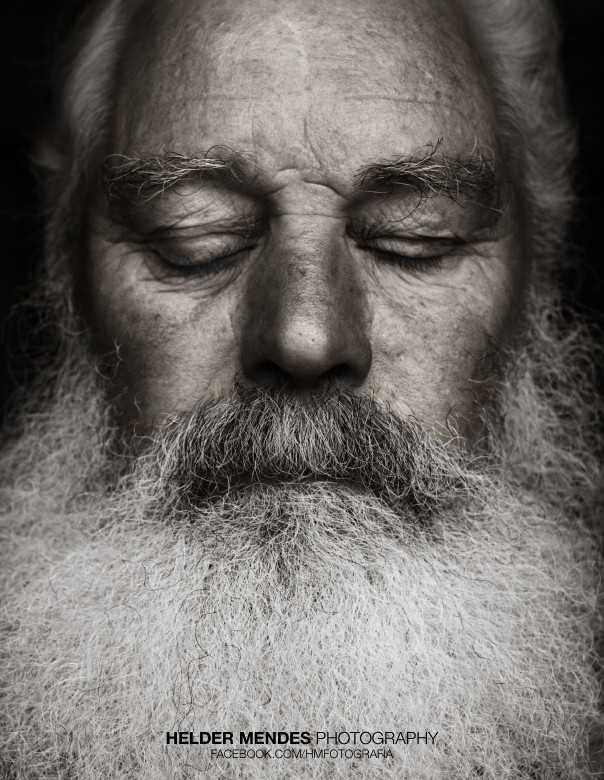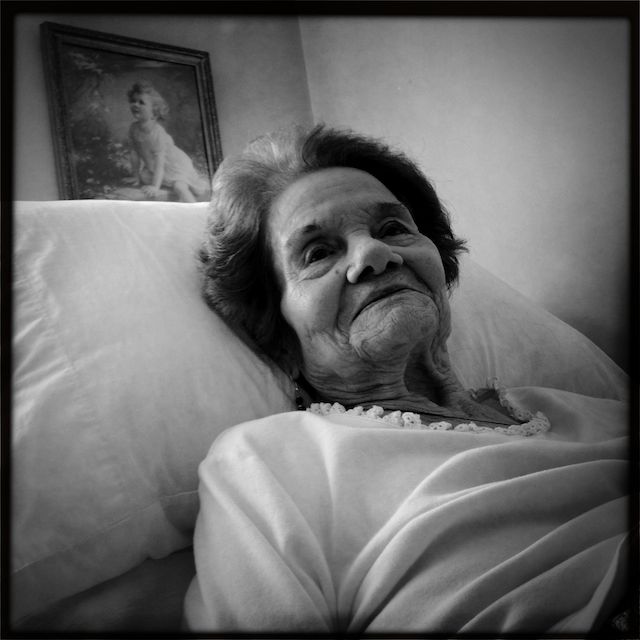The Art of Older Bodies
Grotesque or Beautiful?
We begin to age from the moment we are born. Growing old is simply a part of life. Yet our culture seems to have a problem with aging. There is an unfortunate tendency to regard the signs of old age as markers of ugliness. Older bodies, especially older female bodies are often seen as grotesque. As aging occurs, we fail to see beauty in others, and then inevitably in ourselves.
There is an opportunity through art to reframe our experience of aging, to learn to see it as profoundly beautiful. The wrinkles and lines of an aged face can come to represent wisdom and experience. They can convey a sense of history and imply the story of a long human life that has seen a years of heartache and joy. The abstract stillness of photography helps us see that older bodies are no more grotesque than those of new-borns. Have you noticed how wrinkly a new-born is? It is a full cycle: we are born wrinkly and unless we die premature, we die with wrinkles.

The dreamer – Photo by Helder Mendes
When we appreciate the depths of a human being, rather than just the surface, we can experience beauty in growing old. There is an awe-inspiring beauty that comes as the result of greater acceptance of oneself, one’s own humanity and the humanity of others.
I wrote in my own blog a while ago that we ought to see ourselves as an ‘aging process’ rather than a finished product, working in vain, to combat the effects of time. Contemplating photography and art that reflects on aging can be challenging and powerfully enlightening. It can help us embrace the process of life and death. Rather than reinforcing stereotypes, photography can take us beyond them to celebrate the beauty of the human body, regardless of its age.
There is beauty to be found in the pose of any human figure. We can look into a model’s eyes, and drawing on our own emotions, learn to empathize with the humanity of another.

Still Shining – Photo by David Bollt